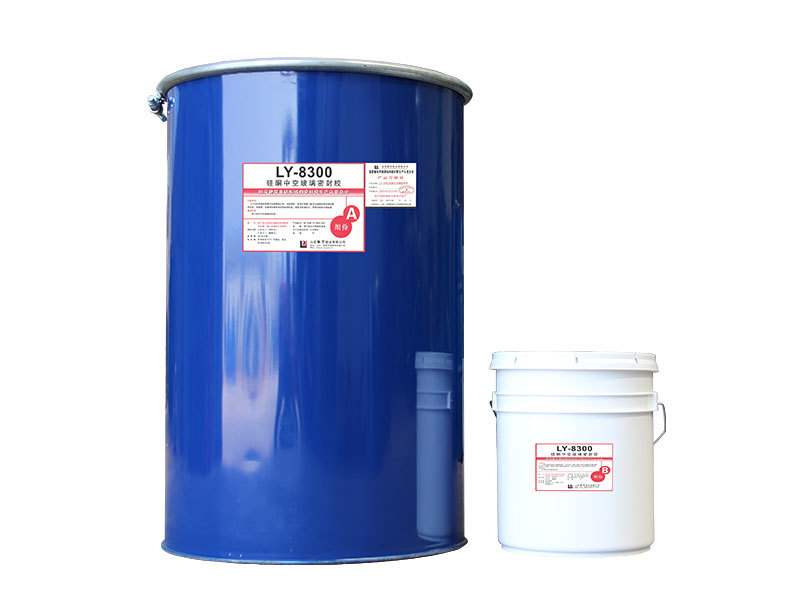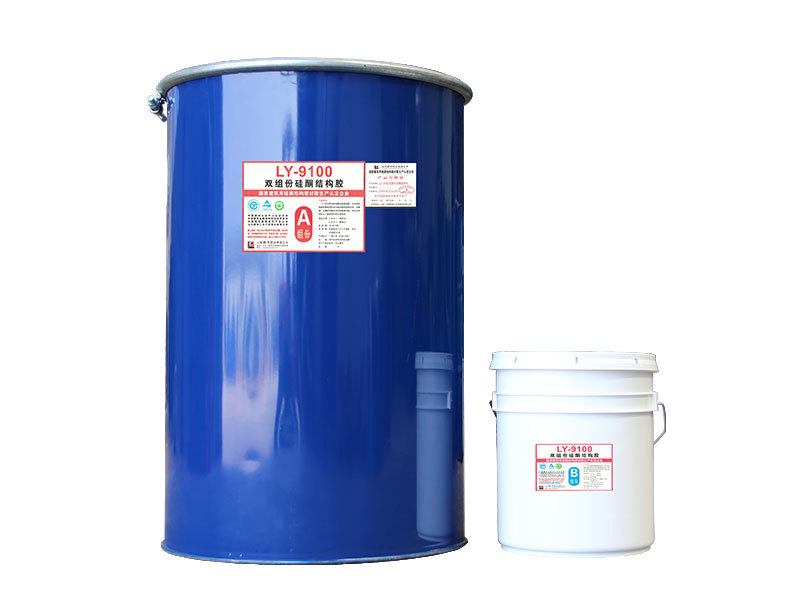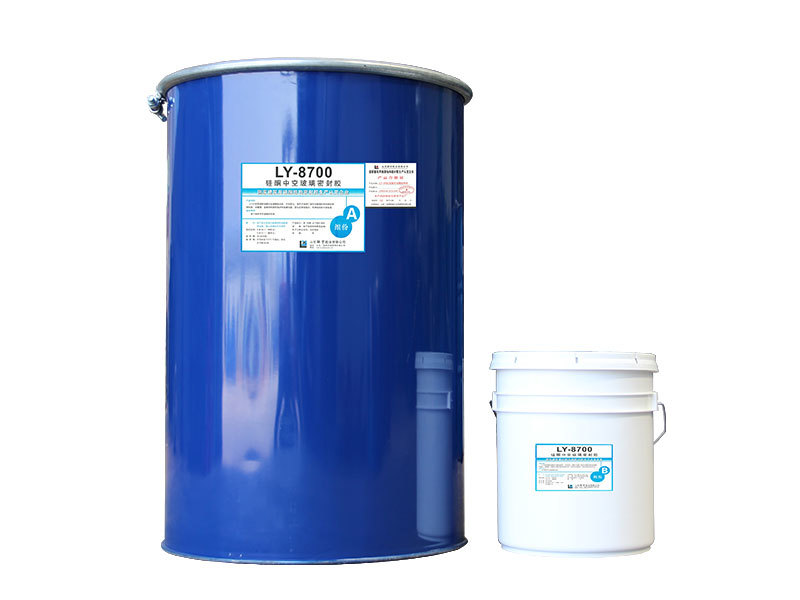Understanding Neutral Silicone Structural Adhesives: Versatile Solutions for Various Applications
Upload Time:
2025-05-05
Neutral silicone structural adhesives are an essential component in various industrial applications, particularly within the chemical and adhesive sectors. These adhesives are formulated to provide strong bonding capabilities while maintaining flexibility and resistance to environmental factors. Understanding the advantages and applications of neutral silicone structural adhesives can help profess

Neutral silicone structural adhesives are an essential component in various industrial applications, particularly within the chemical and adhesive sectors. These adhesives are formulated to provide strong bonding capabilities while maintaining flexibility and resistance to environmental factors. Understanding the advantages and applications of neutral silicone structural adhesives can help professionals make informed decisions in their projects.
One of the key characteristics of neutral silicone structural adhesives is their ability to bond a wide range of substrates, including metals, glass, ceramics, and various plastics. This versatility makes them an ideal choice for applications in construction, automotive, and manufacturing industries. Unlike some other adhesive types, neutral silicone does not release acetic acid during curing, which minimizes the risk of corrosion or damage to sensitive materials.
In addition to their bonding capabilities, neutral silicone structural adhesives are known for their durability and resistance to various environmental conditions. They are often used in applications that require long-lasting performance in the face of UV exposure, moisture, temperature fluctuations, and even chemical spills. This resilience makes them suitable for outdoor applications, such as sealing windows and doors, as well as indoor uses, including bonding fixtures and components in HVAC systems.
Another significant advantage of neutral silicone structural adhesives is their flexibility. Once cured, these adhesives can accommodate movement and expansion in bonded materials without compromising their integrity. This property is particularly beneficial in applications where thermal expansion may occur, such as in metal structures and glass installations. The ability to absorb stress and movement helps to prevent failures and ensures a longer lifespan for the bonded assembly.
When selecting a neutral silicone structural adhesive, it is crucial to consider the specific requirements of your project. Factors such as the materials being bonded, the environmental conditions they will be exposed to, and the expected load or stress on the bond should all be taken into account. Additionally, proper surface preparation and application techniques are essential for achieving optimal adhesion results.
In conclusion, neutral silicone structural adhesives offer a reliable and versatile solution for a wide range of bonding needs in the chemical and adhesive industry. Their unique properties, including strong adhesion, environmental resistance, and flexibility, make them suitable for both indoor and outdoor applications. By understanding the characteristics and benefits of these adhesives, professionals can enhance their projects and ensure long-lasting performance. Whether you're involved in construction, automotive, or manufacturing, incorporating neutral silicone structural adhesives can lead to successful results in your bonding applications.
One of the key characteristics of neutral silicone structural adhesives is their ability to bond a wide range of substrates, including metals, glass, ceramics, and various plastics. This versatility makes them an ideal choice for applications in construction, automotive, and manufacturing industries. Unlike some other adhesive types, neutral silicone does not release acetic acid during curing, which minimizes the risk of corrosion or damage to sensitive materials.
In addition to their bonding capabilities, neutral silicone structural adhesives are known for their durability and resistance to various environmental conditions. They are often used in applications that require long-lasting performance in the face of UV exposure, moisture, temperature fluctuations, and even chemical spills. This resilience makes them suitable for outdoor applications, such as sealing windows and doors, as well as indoor uses, including bonding fixtures and components in HVAC systems.
Another significant advantage of neutral silicone structural adhesives is their flexibility. Once cured, these adhesives can accommodate movement and expansion in bonded materials without compromising their integrity. This property is particularly beneficial in applications where thermal expansion may occur, such as in metal structures and glass installations. The ability to absorb stress and movement helps to prevent failures and ensures a longer lifespan for the bonded assembly.
When selecting a neutral silicone structural adhesive, it is crucial to consider the specific requirements of your project. Factors such as the materials being bonded, the environmental conditions they will be exposed to, and the expected load or stress on the bond should all be taken into account. Additionally, proper surface preparation and application techniques are essential for achieving optimal adhesion results.
In conclusion, neutral silicone structural adhesives offer a reliable and versatile solution for a wide range of bonding needs in the chemical and adhesive industry. Their unique properties, including strong adhesion, environmental resistance, and flexibility, make them suitable for both indoor and outdoor applications. By understanding the characteristics and benefits of these adhesives, professionals can enhance their projects and ensure long-lasting performance. Whether you're involved in construction, automotive, or manufacturing, incorporating neutral silicone structural adhesives can lead to successful results in your bonding applications.
Relevant News



